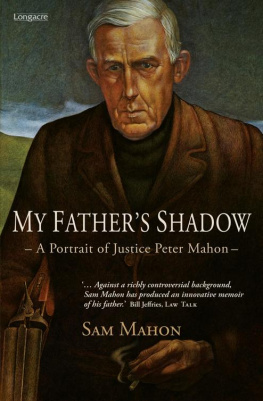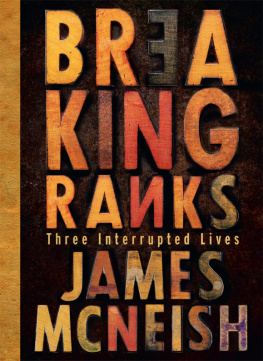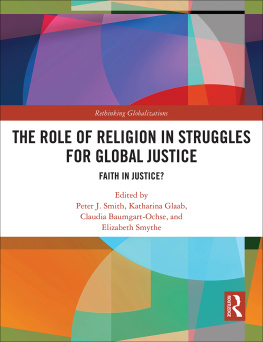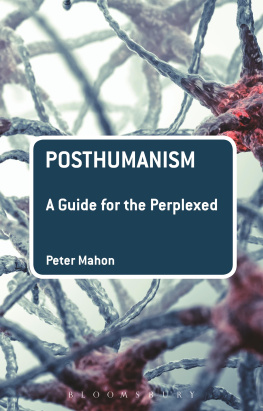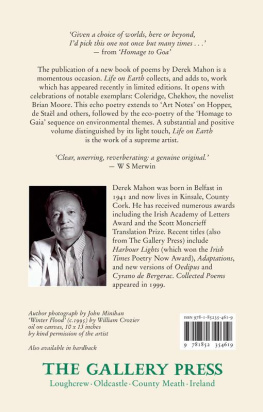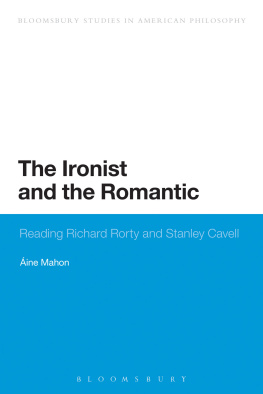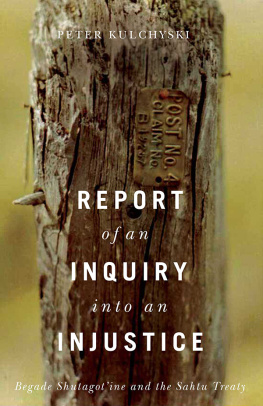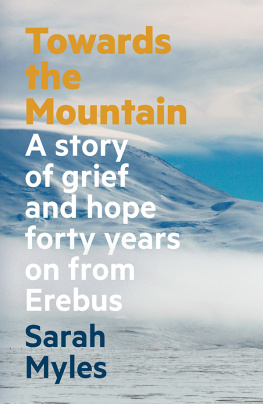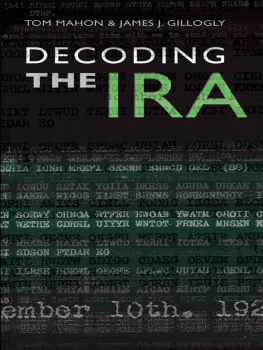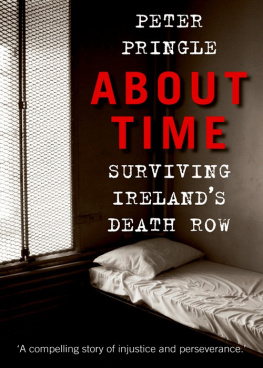M y initial intent in writing this book was to present a biography of Peter Mahon QC. What little of the man I knew beyond whatever part of him he presented to me as my father I meant to faithfully represent in the following chapters. I had hoped it would be enough. But it happens that it is not.
My father, if he had been alive now, would have turned eighty-four this year and many of his friends, most of the people I would have been pleased to interview about his life, are no longer around. Also, he was an emotionally private man and he kept his professional life almost entirely separate from his family. The only path, really, along which we can hope to track the tendency of his heart, is through his many letters in which he weaves language like a master of tapestry, every coloured stitch placed precisely to present a desired effect. And even then, it is a matter of reading between the lines, for apart from one or two letters written to colleagues at the time of Erebus, he never said anything plainly.
So in the face of so little evidence, in order to fill the broad territory between points of fact, I have had to cast opinion and make best guesses. At first this greatly annoyed me, for I hold in deep respect the biographer who manages in his work to sublimate his own voice. Accordingly, because there simply does not exist enough material, I have to accept that this book must be more of a memoir than a biography; a sketch if you like, with smudges and rubbings out, and my fingerprints all over it.
T he wind comes off the lake like a feather, reminding me of home. I walked along the road last night, my shadow lengthening and diminishing beneath the street lamps, dark at my feet then stretching out to dissolve amid the cobbles like dust. Now and then I paused to glance back at the empty street, as if there were someone there, remembering how he had walked in the middle of the road, a pistol in his pocket, a cigarette in his teeth.
So I sit with a cappuccino and wait, staring across the water and trying to imagine how it must have been for him at twenty-one, unaccountably alive and in the presence of the ancient Roman beauty of Como.
The light is beginning to go out on the slopes of Brunate, it catches a window or two and gold bars burn for a minute in the black water. The funicular, where I found the winding track twitching with spring lizards, is lit now like a string of beads. Comos lapping the flagstones a few metres away, jetsam at its hem: a bloated fish, bits of wood, leaves, a little plastic; the cobbles at my feet are neatly grouted with cigarette butts. Nearby, tethered boats tink like cheap alloy dangling in a window breeze. They have nowhere to go but up and down this lake, nowhere to go until morning, gently heaving on the swell like breathing. Two fishermen stand close, their rods tapering out to nothing. Its evening, and as the heat at last begins to drain from the day, as the shadows deepen in the hollow of the elms, the promenaders appear like courteous thieves. Hand in hand they come to walk the lake front, arm in arm, young and old, singly with a walking stick, singly with quick eyes; and all the women look like my sister. And I understand, now, the allure, why he would dream of this place, how at twenty-one, on leave from Trieste, from the discomfort of inaction, he came here and it was printed against his memory for ever; a place to come back to one day.
He said he wanted to write; when it was all over, when the fuss had died down. He would come here, he said, find a room near the lake, a room with a view; and with a beautifully manicured, steady hand, sketch the madding crowd in undulating lines of aquamarine blue. He didnt make it, so I have come here instead: to Italy, to write the last chapter of his book.
I watched a hawk this afternoon turning slowly against a lightly toasted sky.
There was an albatross, he wrote from the troop ship. It followed us for half a day, effortless.
If we shared anything at all it was this, an intimate observation of nature. That and a bloody-minded Irish obstinacy; and it is the latter, more than some vague filial duty, that has brought me here. After all, I had easier things to do.
(From an article written for the Sunday Star Times: 2004)
In Voyage Around My Father, John Mortimer examines a man he wished in some way to live up to, to impress or perhaps to exorcise. He studies the little he knows of him in much the same way an archaeologist studies shards of pottery or bone and on the scant evidence before him, makes a guess at its true form. The best we can do is to suppose. As far as our parents are concerned, always we are too near to see them clearly and it is possible that I might portray with more accuracy a stranger on a bus with whom I have shared a brief five minutes journey, than the man who presided over nearly a third of my life.
We were partially orphaned by the war, those of us whose fathers had dwelt among the dead and dying for too long, their memories too bitter to share, afraid, perhaps, that intimacy might un-cage a flock of half-forgotten horrors. My father communicated best from a distance, in an exchange of letters, and even then we had to work to find him between the lines.

